Eritrea
United Nations Human Rights experts say Eritrea has been unable to give clarity on the fate of missing opponents believed to be held by the government.
The experts also expressed grave concerns about the static human rights posture of the government. They said some of the mystery cases go as far back as 2001 and as recently as last year.
Christof Heynes, a South African independent expert disclosed that they were following some of the most widely reported cases that involved especially journalists and politicians. He confirmed that all attempts to get a response on the cases had met a roadblock.
Eritrea, serially reported as one of the worse in human and press rights, is one of seven nations under the spotlight of Human Rights Committee. The body is in charge of monitoring the implementation of the International Covenant on Civil and Political Rights.
A total of 18 experts of the committee said they have received several allegations of extrajudicial executions, torture, disappearances and other grave violations.
“So, we did raise this with the delegation. We asked them in so many terms, we asked them are these people still alive. And we asked this repeatedly, and they did not answer to that, which is, of course, a worrying sign,” he said.
Some of the main cases highlighted:
- 2001 – 18 journalists detained. It is not known whether they are alive.
- 2001 – Another celebrated case of 11 former top officials of the ruling People’s Front for Democracy and Justice. They reportedly wrote a letter critical of the government and were arrested. He says no one knows what happened to them.
- 2018 – Detention of former Minister of Finance, Berhane Abrehe, and his wife Almaz Habtemariam.
The South African expert said in all of these cases, the Eritrean government was asked whether they were alive but there was no response. Experts are also distressed about the indefinite national service which has been equated to slavery by UN rapporteurs in the past.
Asmara had justified the service which was effectively a military conscription by citing a border standoff with neighbouring Ethiopia. But a peace deal last year has restored ties between the two former foes.
Whiles Ethiopia continues a speedy political reform process with Prime Minister Abiy Ahmed at the wheel, over in Eritrea, it is more of the same with very little signs that the Isaias Afwerki government will release prisoners or allow an active political opposition any time soon.
Eritrea keeps mandatory national service despite 'peace' – HRW worried https://t.co/f1gyHPcBEP
— africanews (@africanews) March 13, 2019



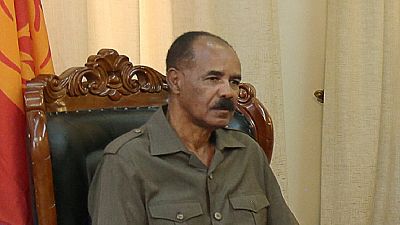

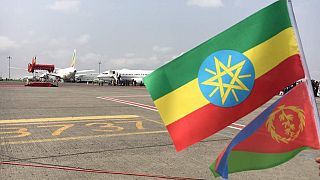
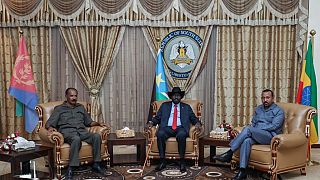
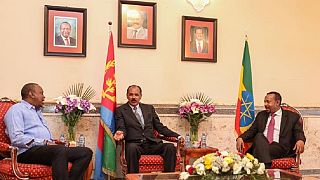
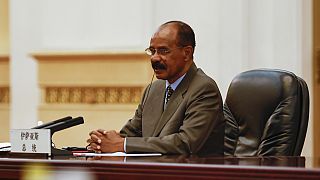
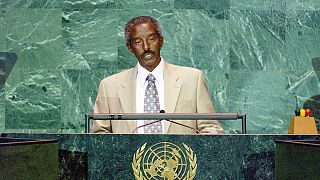
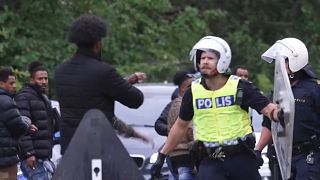



Go to video
Nelson Mandela International Day 2025: The power to end poverty is in our hands
00:11
US, European allies agree August deadline for Iran nuclear deal
Go to video
UN Special Rapporteur calls for concrete action on 'genocidal' Gaza occupation
00:49
Barcelona's Yamal faces probe over allegations he hired people with dwarfism to perform at party
01:07
Only 35% of sustainable development goals on track to meet target, UN says
01:07
UN-Russia agricultural export memorandum will not be extended